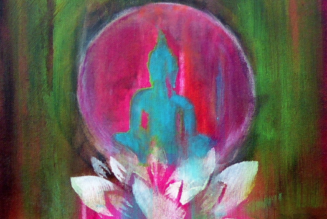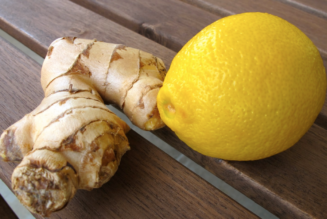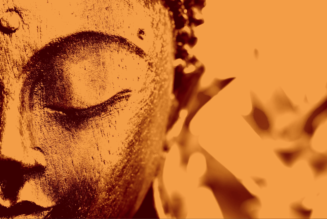Ayurveda – Do Emotions Matter?
The ancient wisdom of Ayurveda aims to promote health, happiness, and longevity by taking into consideration the trinity – body, mind, and spirit. In fact, Ayurveda explains further that only when the influences of the body, mind, and senses are balanced and one experiences the sense of happiness is one thought to be in good health. Let us now explore the realm of emotions.
e·mo·tion [noun]
instinctive or intuitive feeling as distinguished from reasoning or knowledge.
Storehouse Of Emotions
Many ancient cultures have described feelings and emotions to be a refined and subtle aspect of the intellect; intellect being the act of discrimination or discernment. The science of Ayurveda explains that the connective tissue of the body serves as a storehouse of emotions. In a way, the matrix of the subconscious mind – unresolved thoughts, feelings, and emotions is made up from the substratum of connective tissue [i.e. majja dhatu].
Digestion of Feelings
The human body contains approximately 37.2 trillion cells and every cell of the body is the center of awareness. According to vedic thought, the mind pervades the entire body. However, we may also consider the cell as a unit of awareness and intelligence. The central teaching of Ayurveda is the metaphor of fire [“Agni“] which illustrates the principle of digestion. When this fire of digestion functions properly then the individual will experience a ‘sound body-sound mind’. However, when this cellular digestion is suboptimal it may lead to by-products of poor digestion [“ama“] which may contribute to the manifestation of undesired emotions [fear, worry, anxiety, depression, etc.] and overall poor health.
Where Do We Physically Feel Emotions? – Good Mythical Morning
Unresolved Emotions
The mind is, after all, the result of the past. Throughout many yesterdays of the past often dwells forgotten regrets, disappointments, and anger which are stored throughout various parts of the body.
Liver – unresolved anger
Gallbladder – hatred
Kidneys – fear
Stomach & Colon – nervousness
Lungs – grief & sadness
Spleen – sadness
“To kindle your pithara agni [cellular digestion] is to look at every feeling and emotion without labeling it or naming it. Then what happens? The observer and observed become one. Then when a molecule of fear enters the cell, pithara agni [cellular digestion] transforms that fear into mind, memory, intellect and into pure consciousness. Then even fear nourishes consciousness and it is no longer fear but pure awareness.” – Dr. Vasant Lad, Ayurvedic Physician
SNEHAN – “OIL” & “LOVE”
Massage has been used for centuries in a variety of traditional cultures for well-being and vitality. The science of Ayurveda has various factors of healing – for example snehan [Ayurvedic oil massage] and abhyanga [self massage] which is the anointing of the body with oil. The Sanskrit word “sneha” means both ‘oil’ and ‘love’, and the effects of abhyanga are similar to being saturated with love. Often the oils used for massage are infused with herbs, warm, used to massage the entire body, and is used therapeutically for certain conditions.
Benefits Of Oil Massage [Abhyanga]
– Imparts softness, strength and color to the body
– Decreases the effects of aging
– Bestows good vision
– Nourishes the body
– Increases longevity
– Benefits sleep patterns
– Benefits skin
– Strengthens the body’s tolerance
– Imparts a firmness to the limbs
– Imparts tone and vigor to the dhatus (tissues) of the body
– Stimulates the internal organs of the body, increasing circulation
– Pacifies vata and pitta
Ayurveda – The Science Of Life
Ultimately Ayurveda is a comprehensive science which takes into consiseration one’s every daily life. Ayurveda focuses on diet, lifestyle, periodic fasting, herbs, yoga asanas, meditation, pranayama and detoxification & purification measures [i.e. panchakarma] to help promote balance. As a result of this balance is the expression of health, happiness, and longevity – the pillars of true health.
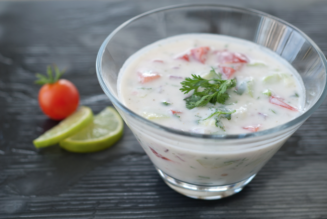
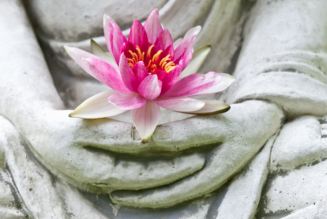
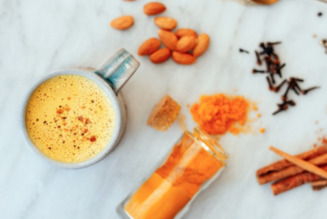
![Female Health: Amenorrhea [cessation of menses] – An Ayurvedic Perspective](https://healthyayurveda.com/wp-content/uploads/2015/07/1.-Amenorhea--327x219.png)
